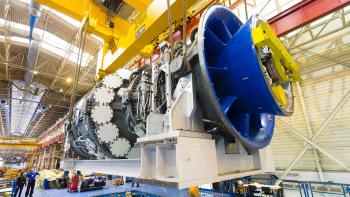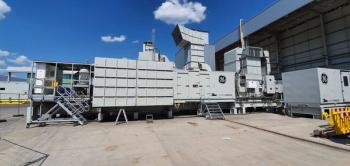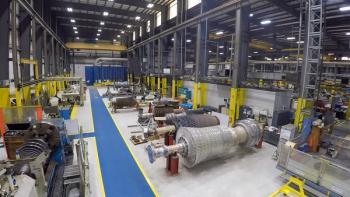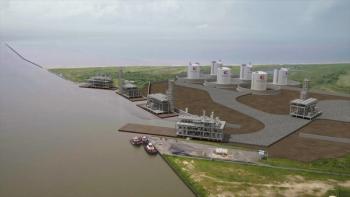
New source performance standard - 2019
They called it “111(b) Revisions to Advance Clean Energy Technology”, but in English it is an EPA-proposed elimination of the implied requirement to deploy CCS on coal plants.
The proposed NSPS-2019 applies to greenhouse gas emissions from new, modified, and reconstructed fossil fuel-fired power plants and by revising its determination of the best system of emission reduction (BSER) for these plants.
This proposal includes four distinct actions based on a revised BSER:
- To revise the standards for newly constructed steam units as separate standards for large and small units. For large units, the proposed emission rate would be 1,900 pounds of CO2 per megawatt-hour on a gross output basis (lb CO2/MWh-gross). For small units, the proposed emission rate would be 2,000 lb CO2/MWh-gross.
- To create separate standards of performance for newly constructed coal refuse-fired units. Regardless of size, the proposed emission rate would be 2,200 lb CO2/MWh-gross.
- To revise the standards for large modifications of steam generating units to be consistent with the standards for large and small newly constructed units.
EPA is also taking comment whether and how to address concerns raised by stakeholders regarding the increased use of simple cycle aeroderivative turbines, including as back-up generation for wind and solar resources, whose operation may exceed the non-base load threshold described in the 2015 rule. Any follow-up regulatory actions would be achieved through a separate and subsequent regulatory proposal.
I authored the following table in 2014 for the original NSPS using the DOE Baseline data. It is not hard to see how the proposed 2019 NSPS set its thresholds. In a word “Unabated” or in modern day jargon, “Whatever!”
Given how things work these days, the EPA will proceed. The question is whether this will induce any public utility to actually commit to build a new coal plant?The NGCC plants are 1/3 the first cost, 30% more efficient and with less of an abatement overhang.
I think not! I don’t see any public utility making such a decision.
One day in the not too distant future, this will all change. We will come to the collective realization that we cannot live without fossil fuels, but to do this, CCS will be required on all new and existing fossil fuel power plants.
This new attempt at rulemaking is just more political theatre!
Newsletter
Power your knowledge with the latest in turbine technology, engineering advances, and energy solutions—subscribe to Turbomachinery International today.




